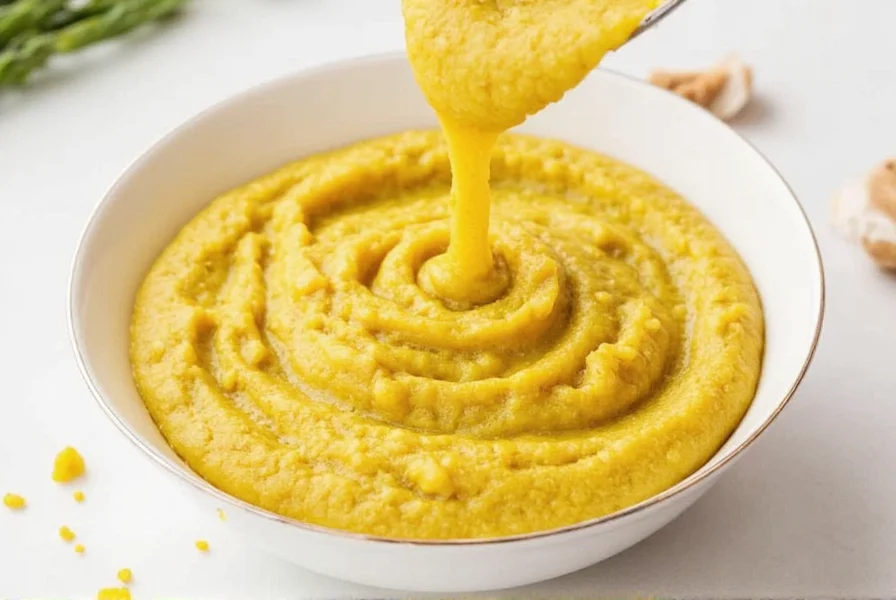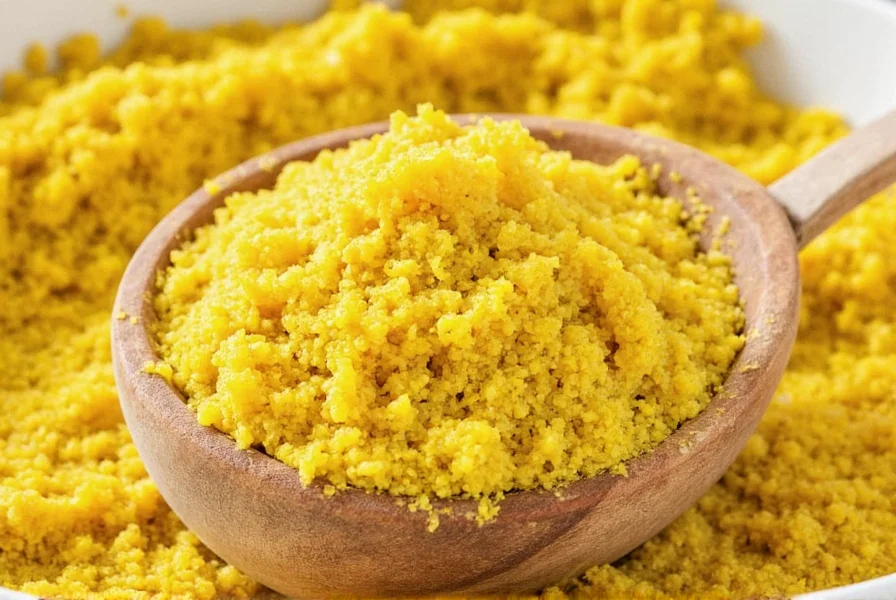Yes, mustard is generally considered healthy when consumed in moderation. Most varieties contain minimal calories, zero sugar, and provide beneficial compounds like antioxidants and anti-inflammatory agents from mustard seeds. Yellow, Dijon, and whole grain mustards offer different nutritional profiles, but all are typically lower in sugar and calories than alternatives like ketchup or mayonnaise.
When evaluating whether mustard deserves a place in your healthy diet, it's important to understand both its benefits and limitations. This comprehensive analysis examines the scientific evidence behind mustard's health properties, helping you make informed choices about incorporating this versatile condiment into your meals.
Nutritional Profile of Common Mustard Varieties
Mustard's health profile varies slightly depending on the type. Understanding these differences helps determine is mustard good for weight loss and other specific health goals.
| Mustard Type | Calories (per tbsp) | Sugar (g) | Sodium (mg) | Key Components |
|---|---|---|---|---|
| Yellow Mustard | 3-5 | 0.4 | 55-120 | Vinegar, turmeric, mustard seeds |
| Dijon Mustard | 5-10 | 0.1-0.3 | 110-130 | White wine, brown mustard seeds |
| Whole Grain Mustard | 8-12 | 0.5-1.0 | 90-110 | Visible mustard seeds, vinegar |
| Honey Mustard | 40-55 | 4-6 | 100-150 | Honey, sugar, mustard |
As shown in the table, traditional mustard varieties are remarkably low in calories and sugar compared to other condiments. This makes them an excellent choice for those monitoring their is mustard good for weight loss considerations. The primary difference between varieties lies in their preparation method and additional ingredients rather than the mustard seeds themselves.

Science-Backed Health Benefits of Mustard
Research indicates several potential health benefits associated with mustard consumption, primarily derived from the mustard seeds themselves. Understanding these benefits helps answer is mustard anti-inflammatory and other specific health questions.
Rich in Beneficial Compounds
Mustard seeds contain:
- Glucosinolates - Compounds that may have cancer-protective properties
- Sinigrin - A compound that converts to allyl isothiocyanate, showing anti-inflammatory effects
- Antioxidants - Including selenium and various phytochemicals
- Omega-3 fatty acids - Particularly in certain mustard seed varieties
A 2020 review published in the Journal of Functional Foods highlighted that mustard seed compounds demonstrate significant antioxidant activity, potentially helping reduce oxidative stress in the body. This research contributes to understanding health benefits of mustard seeds beyond just the prepared condiment.
Cardiovascular Support
Studies suggest that compounds in mustard seeds may support heart health through several mechanisms:
- Potential blood pressure regulation due to magnesium content
- Anti-inflammatory effects that may reduce arterial inflammation
- Compounds that may help improve cholesterol profiles
While more human studies are needed, preliminary research indicates promising cardiovascular benefits from regular consumption of mustard seeds and mustard prepared with minimal additives.
Potential Concerns and Considerations
While mustard offers health benefits, certain considerations are important when evaluating is mustard healthy for your specific needs.
Sodium Content Awareness
Though lower in sodium than many condiments, mustard still contains salt. A single tablespoon typically contains 55-130mg of sodium, which represents 2-6% of the recommended daily limit. For those monitoring sodium intake, is mustard high in sodium compared to alternatives remains a relevant question.
Added Ingredients in Commercial Varieties
Not all mustard products are created equal. Some varieties contain:
- Excessive sugar (particularly honey mustard)
- Preservatives and artificial colors
- Thickeners and stabilizers
For maximum health benefits, choose mustards with minimal ingredients: mustard seeds, vinegar, water, salt, and perhaps turmeric or other natural spices. Reading labels helps determine yellow mustard vs dijon health benefits for your specific dietary needs.
Mustard in Context: Comparing Condiments
When evaluating nutritional value of mustard compared to other common condiments, the differences are substantial:
- Mustard vs Ketchup: Mustard typically has zero sugar versus 4g per tablespoon in ketchup
- Mustard vs Mayonnaise: Mustard has 3-12 calories versus 90-100 in mayonnaise
- Mustard vs Ranch Dressing: Mustard has negligible fat versus 12g per serving in ranch
This comparison clearly shows why nutritionists often recommend mustard as a healthier alternative for those seeking flavor without excess calories, sugar, or fat. The question is mustard better than ketchup for health has a clear answer based on nutritional profiles.
Practical Tips for Healthy Mustard Consumption
To maximize the health benefits while minimizing potential drawbacks:
- Choose stone-ground or whole grain varieties for higher fiber content
- Opt for mustards without added sugar or artificial ingredients
- Use mustard as a replacement for higher-calorie condiments in sandwiches and dressings
- Consider making your own mustard to control ingredients
- Pair mustard with healthy fats like avocado to enhance absorption of fat-soluble compounds
For those specifically interested in health benefits of mustard seeds, consider incorporating whole or ground mustard seeds into cooking. Dry roasting enhances their flavor and may increase the bioavailability of certain nutrients.
Conclusion: Is Mustard Healthy?
The evidence suggests that traditional mustard varieties are indeed healthy when consumed as part of a balanced diet. Their low calorie count, absence of sugar in most varieties, and beneficial compounds from mustard seeds make them a smart choice for health-conscious consumers.
As with any food, moderation is key. Mustard's health benefits are most pronounced when it replaces less healthy condiments rather than simply adding to your existing diet. By choosing varieties with minimal processing and added ingredients, you can maximize the potential health advantages while enjoying mustard's distinctive flavor.
Is mustard good for weight loss?
Yes, mustard can support weight loss efforts as it's extremely low in calories (typically 3-12 calories per tablespoon) and contains no sugar in traditional varieties. It provides flavor without adding significant calories, making it an excellent replacement for higher-calorie condiments like mayonnaise or ketchup.
Does mustard have any anti-inflammatory properties?
Yes, mustard contains compounds like sinigrin that convert to allyl isothiocyanate, which has demonstrated anti-inflammatory effects in research studies. The turmeric often added to yellow mustard also provides curcumin, a well-known anti-inflammatory compound.
Is mustard high in sodium compared to other condiments?
Mustard contains moderate sodium (55-130mg per tablespoon), which is actually lower than many condiments. For comparison, soy sauce contains about 1,000mg per tablespoon, and ketchup has approximately 150mg. Those monitoring sodium intake should still be mindful of mustard consumption as part of their total daily sodium intake.
What's the healthiest type of mustard to consume?
Whole grain or stone-ground mustard is generally considered the healthiest option as it contains more fiber from the intact mustard seeds. Dijon mustard is also a good choice with minimal ingredients. Avoid honey mustard and other varieties with added sugars or artificial ingredients for maximum health benefits.
Can mustard help lower cholesterol levels?
Some preliminary research suggests compounds in mustard seeds may help improve cholesterol profiles, but more human studies are needed. Mustard itself doesn't directly lower cholesterol, but it can be part of a heart-healthy diet when used to replace higher-fat condiments in meals.











 浙公网安备
33010002000092号
浙公网安备
33010002000092号 浙B2-20120091-4
浙B2-20120091-4